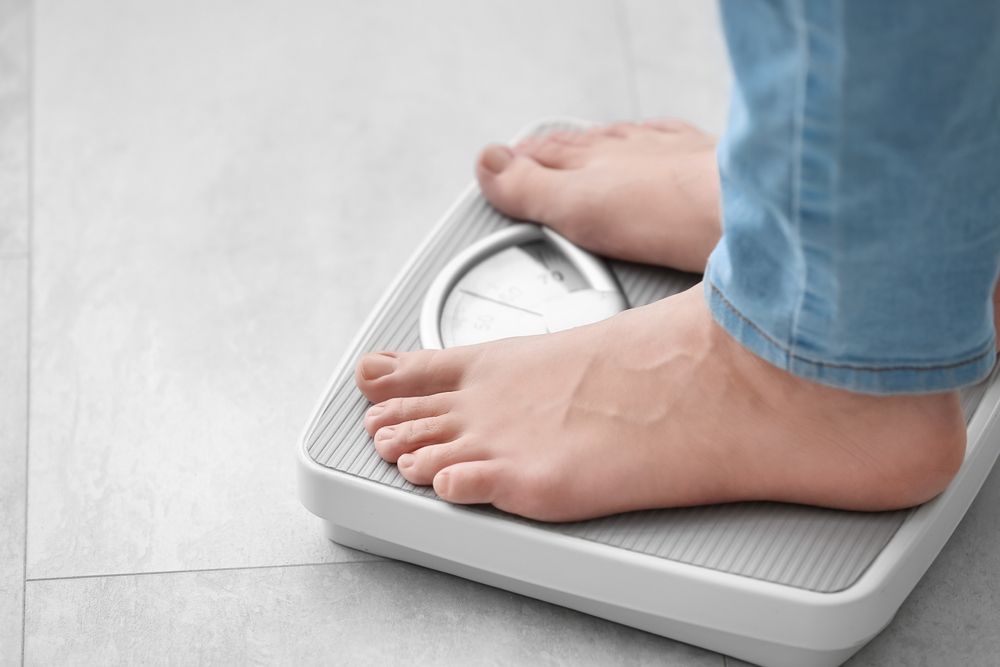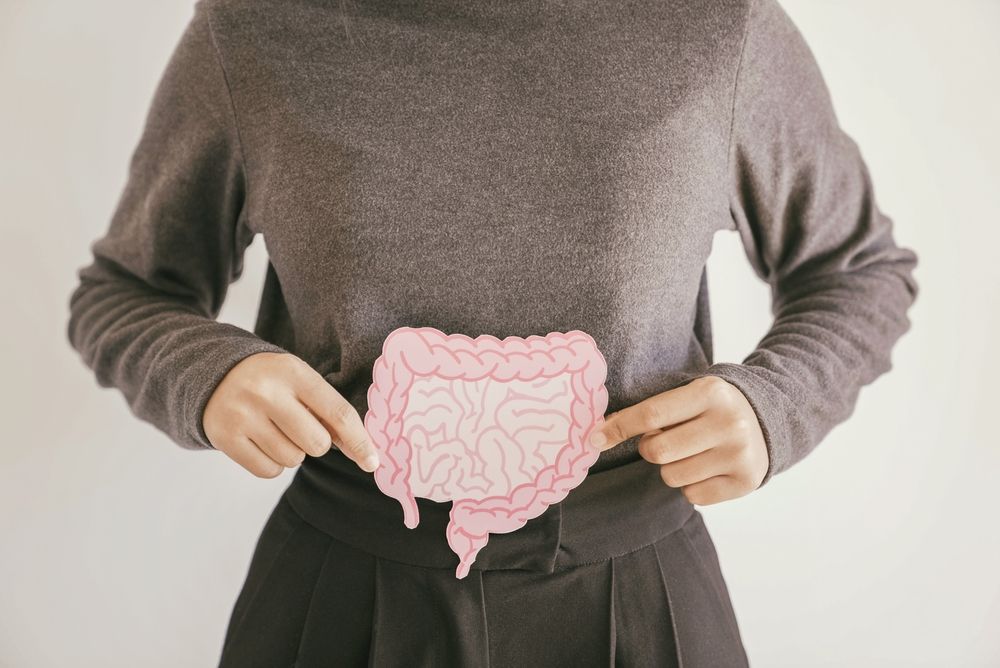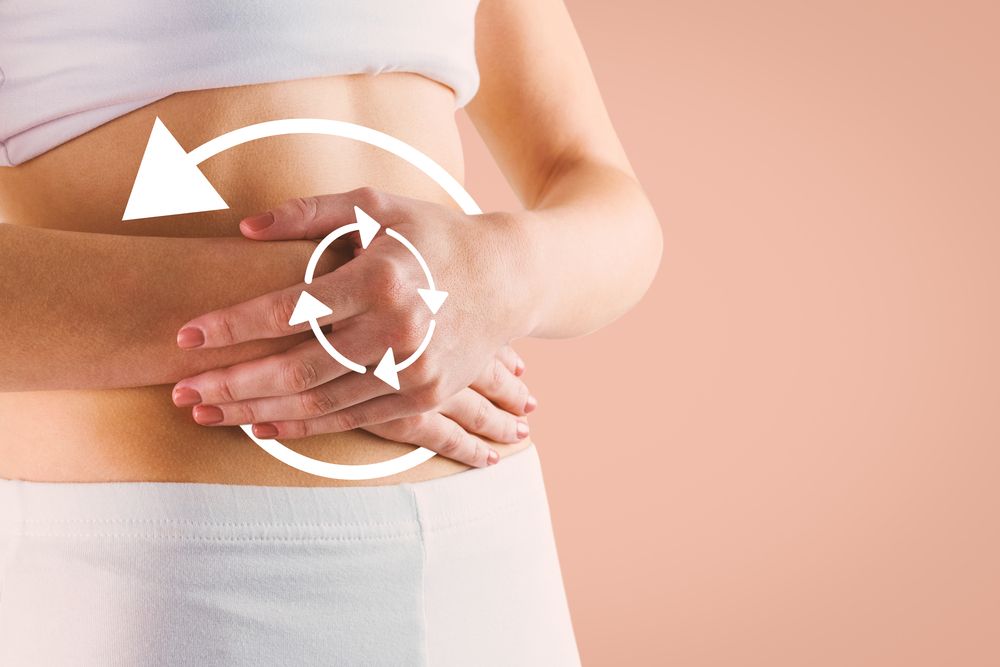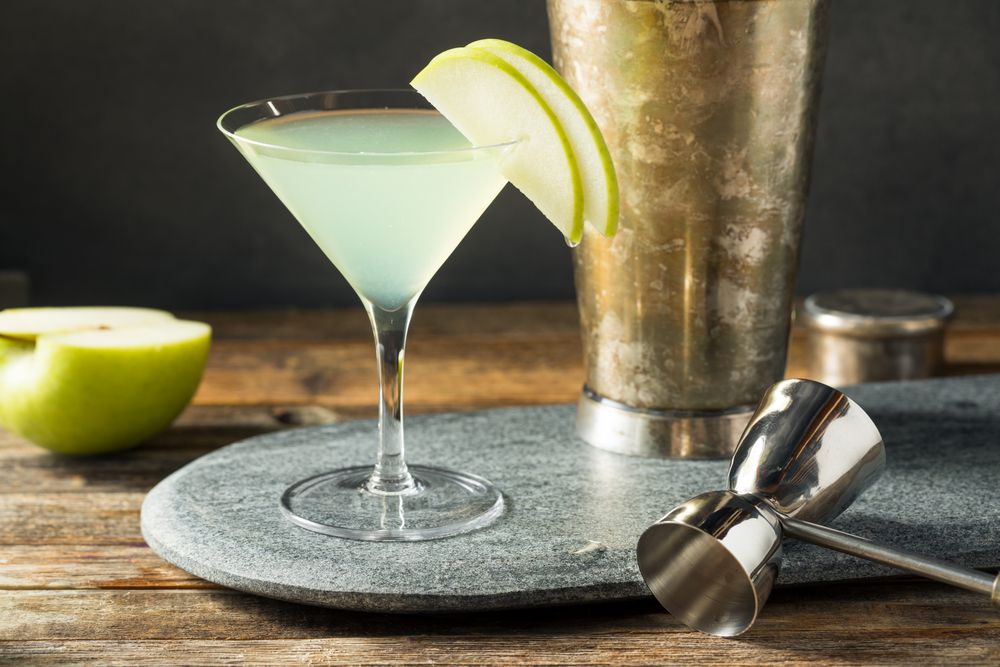
If you enjoy an occasional drink, you're in good company. A recent National Institutes of Health (NIH) survey reveals that two-thirds of U.S. adults have consumed alcohol in the past year, with 52% drinking within the past month. While a drink or two can be a relaxing way to unwind, regular alcohol consumption can strain your body, affecting your heart, liver, pancreas, and overall health while increasing the risk of chronic diseases and mental health challenges.
But what happens when you quit drinking? We dove into scientific research and consulted registered dietitians to uncover the transformative effects. From improved sleep and sharper mental clarity to glowing skin and enhanced liver function, giving up alcohol sets off a series of remarkable positive changes in your body.
Your heart health improves.

Abstaining from alcohol can lead to lower blood pressure and a reduced risk of cardiovascular disease. A 2016 study revealed that avoiding or significantly cutting back on alcohol can improve heart function over time.
Brittany Lubeck, RD, a registered dietitian and nutrition writer, explains, "Research shows that regular alcohol consumption may contribute to high blood pressure, coronary heart disease, stroke, and other cardiovascular issues. Quitting drinking, therefore, naturally lowers the risk of these heart conditions. However, it's important to note that these effects are most pronounced in individuals who drink excessively, as moderate drinking is not typically linked to an increased risk of heart problems."
Your liver will thank you.

The NIH reports that alcohol consumption can contribute to liver inflammation and fatty liver disease. However, when you stop drinking, your liver has an opportunity to heal and regenerate. "Alcohol is metabolized by the liver, and excessive consumption can cause damage, including fatty liver, alcoholic hepatitis, and even cirrhosis," explains Trista Best, RD, a registered dietitian with Balance One Supplements. "Quitting alcohol gives the liver the chance to repair itself, supporting overall liver health and function."
You'll lose weight.

Alcohol is calorie-dense, delivering 7 calories per gram, and these are "empty calories" with no nutritional value. "If you regularly consume alcohol, giving it up can naturally lower your overall calorie intake and may lead to weight loss," explains Brittany Lubeck, RD.
Beyond calorie reduction, quitting alcohol often encourages healthier food choices. "Many people experience intense food cravings while drinking," adds Lubeck.
A study published in the journal Appetite supports this, finding that individuals who consumed just half a shot of alcohol (about 20 grams) ate 11% more than those who abstained. The study also noted that drinkers were more likely to crave high-fat, calorie-dense foods.
Your sleep quality will improve.

Although alcohol may initially make you feel drowsy, research shows it can disrupt your sleep cycle, resulting in poor-quality rest. Quitting alcohol often allows your sleep patterns to stabilize, leading to more restful and restorative sleep, which has wide-ranging benefits for your overall health.
"Alcohol can interfere with the sleep cycle, making it harder to fall asleep and stay asleep," explains Trista Best, RD. "By giving up alcohol, you’re likely to experience improved sleep quality and duration. Better sleep supports numerous aspects of health, including enhanced cognitive function, mood regulation, and overall well-being."
You'll boost your immune system.

According to the NIH, alcohol can weaken your immune system, leaving you more vulnerable to illnesses and infections. Eliminating alcohol from your diet helps fortify your immune system, promoting better resistance to illnesses, quicker recovery times, and a stronger overall immune response.
"Excessive, long-term alcohol use has been linked to impaired immunity," explains Brittany Lubeck, RD. "It may even increase the risk of conditions like pneumonia, sepsis, and certain cancers. By quitting alcohol, you can support and potentially enhance your immune system. A stronger immune system means a reduced risk of infections and other health complications."
Your mental health will improve.

The relationship between alcohol and mental health is deeply intertwined, making abstinence a powerful step toward improved psychological well-being. A 2022 review found that quitting alcohol can reduce anxiety and depression, boost mood, and enhance cognitive function.
"Alcohol acts as a depressant, often harming mental health over time," explains Trista Best, RD. "Giving up alcohol can lead to better mood regulation, reduced anxiety, and an overall improvement in mental well-being. It also helps foster healthier stress management and coping mechanisms."
You'll have more energy.

Alcohol disrupts sleep, which directly impacts your mood and energy levels the next day. A study published in the journal Sleep and Vigilance found that heavy alcohol consumption significantly increases daytime sleepiness. Nearly 35% of participants reported feeling sluggish or losing interest in staying awake after drinking the night before, compared to less than 5% who experienced similar feelings on a typical day without alcohol.
Your digestion may improve.

If you’ve ever experienced bloating or abdominal discomfort after enjoying a meal with wine or beer, alcohol might be partly to blame. Even in small amounts, alcohol can disrupt digestion by altering the stomach's gastric acid production and impairing the effectiveness of digestive enzymes needed to break down food. When these processes are compromised, digestion slows, and discomfort may follow. Research shows that consuming alcohol with a meal can hinder digestion, and the overproduction of gastric acid can further irritate the stomach lining.
You may notice better skin.

Alcohol acts as a diuretic, promoting fluid loss from your body, which can negatively impact your skin health over time. Studies have linked alcohol consumption to various skin conditions, including psoriasis, eczema, spider veins, and post-adolescent acne. One study found that heavy drinking—defined as eight or more drinks per week—was associated with noticeable skin changes such as increased upper facial lines, under-eye puffiness, and midface volume loss.

